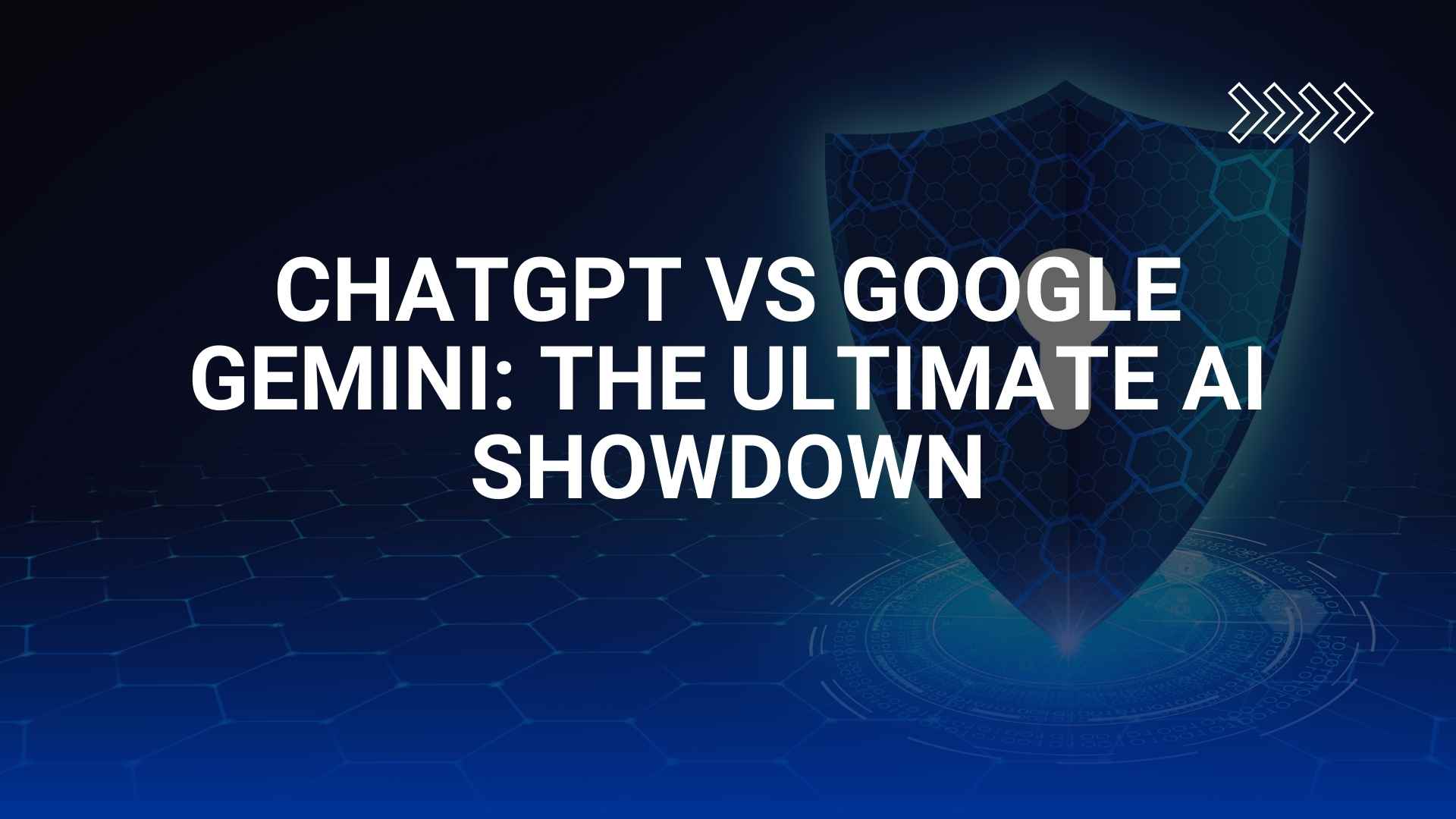Introduction
Artificial Intelligence (AI) has transformed how we interact with technology. Among the most advanced AI models available today are OpenAI’s ChatGPT and Google’s Gemini. Both models offer powerful capabilities in natural language processing (NLP), making them useful for various applications like content creation, coding assistance, customer support, and more. However, when comparing ChatGPT vs Google Gemini, which AI model stands out? This article provides a detailed comparison of their features, performance, use cases, and limitations.
Understanding ChatGPT
ChatGPT is an AI-powered chatbot developed by OpenAI. It is based on the Generative Pre-trained Transformer (GPT) architecture and has undergone multiple iterations, improving its contextual understanding and text generation capabilities.
Key Features of ChatGPT
- Advanced NLP – ChatGPT excels in understanding and generating human-like text.
- Multimodal Capabilities – The latest versions support text, images, and even code interpretation.
- Customization & Plugins – ChatGPT can integrate with plugins and third-party applications.
- User-Friendly Interface – It is accessible through a simple chat-based UI.
- Memory & Context Retention – Advanced versions maintain context across conversations.
- Code Assistance – It helps developers by generating, debugging, and explaining code.
- Creative Writing & Content Generation – ChatGPT can write blogs, scripts, and marketing copies.
Understanding Google Gemini
Google Gemini, previously known as Bard, is Google’s AI chatbot designed to compete with OpenAI’s ChatGPT. It leverages Google’s deep AI expertise and cloud computing infrastructure.
Key Features of Google Gemini
- Deep Google Integration – Gemini integrates seamlessly with Google Search, Google Docs, and Google Assistant.
- Real-Time Data Access – Unlike ChatGPT, which relies on pre-trained data, Gemini can access real-time web information.
- Multimodal AI – Gemini processes text, images, audio, and video inputs.
- Advanced Reasoning & Summarization – It can summarize large amounts of data effectively.
- Google Workspace Connectivity – Businesses can integrate Gemini into Google Drive, Gmail, and more.
- Multi-Language Support – Gemini is designed to support a broader range of languages and dialects.
- AI-Assisted Research – Useful for students, researchers, and professionals.
Performance Comparison: ChatGPT vs Google Gemini
1. Accuracy and Knowledge Base
- ChatGPT: Trained on vast datasets but has a knowledge cut-off and may not provide real-time data.
- Google Gemini: Has access to Google Search, making it better at fetching up-to-date information.
2. Conversational Abilities
- ChatGPT: Engages in detailed, structured conversations and maintains context well.
- Google Gemini: More concise but sometimes lacks deep contextual retention.
3. Creativity and Writing Skills
- ChatGPT: Excels in storytelling, creative writing, and long-form content.
- Google Gemini: Generates content efficiently but is often more fact-based.
4. Coding & Development Assistance
- ChatGPT: Strong coding capabilities with structured responses and debugging help.
- Google Gemini: Decent coding assistance but lacks ChatGPT’s extensive coding knowledge.
5. Speed and Responsiveness
- ChatGPT: Slightly faster in generating responses.
- Google Gemini: Sometimes slower, especially when fetching real-time data.
6. Customization & Integration
- ChatGPT: Works with OpenAI API and can be customized using plugins.
- Google Gemini: Integrated into Google’s ecosystem but offers fewer third-party plugins.
Use Cases: When to Use ChatGPT vs Google Gemini
Best Use Cases for ChatGPT
- Writing blogs, scripts, and creative content.
- Coding assistance and debugging.
- Personalized AI chatbot development.
- Engaging in long-form discussions.
- Academic help in essays and problem-solving.
Best Use Cases for Google Gemini
- Conducting research with real-time web access.
- Summarizing long documents quickly.
- Integrating AI into Google Workspace.
- Using AI for live data-driven decision-making.
- Language translation and localization tasks.
Limitations of ChatGPT and Google Gemini
Limitations of ChatGPT
- Cannot access real-time web information.
- May generate outdated or incorrect facts.
- Limited plugin support outside OpenAI’s ecosystem.
Limitations of Google Gemini
- Sometimes less creative in writing.
- Can be slow when fetching live data.
- Limited third-party customization options.
Future of AI Chatbots: What Lies Ahead?
The competition between ChatGPT and Google Gemini is pushing AI boundaries. OpenAI continues refining ChatGPT with more capabilities, while Google is leveraging its search engine and AI expertise to enhance Gemini. Future improvements will likely focus on real-time adaptability, improved personalization, and multimodal AI interactions.
Conclusion
Both ChatGPT and Google Gemini have unique strengths. ChatGPT is ideal for creative writing, coding, and structured conversations, while Google Gemini excels in real-time research, document summarization, and Google ecosystem integration. The choice between the two depends on your needs—whether you prioritize creativity and contextual understanding (ChatGPT) or real-time information and Google integration (Gemini).
As AI continues evolving, these models will become even more powerful, transforming how we interact with digital content and automation tools.
